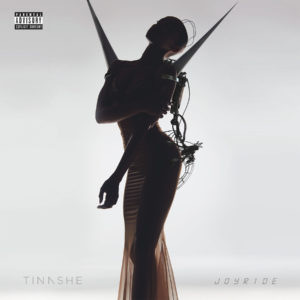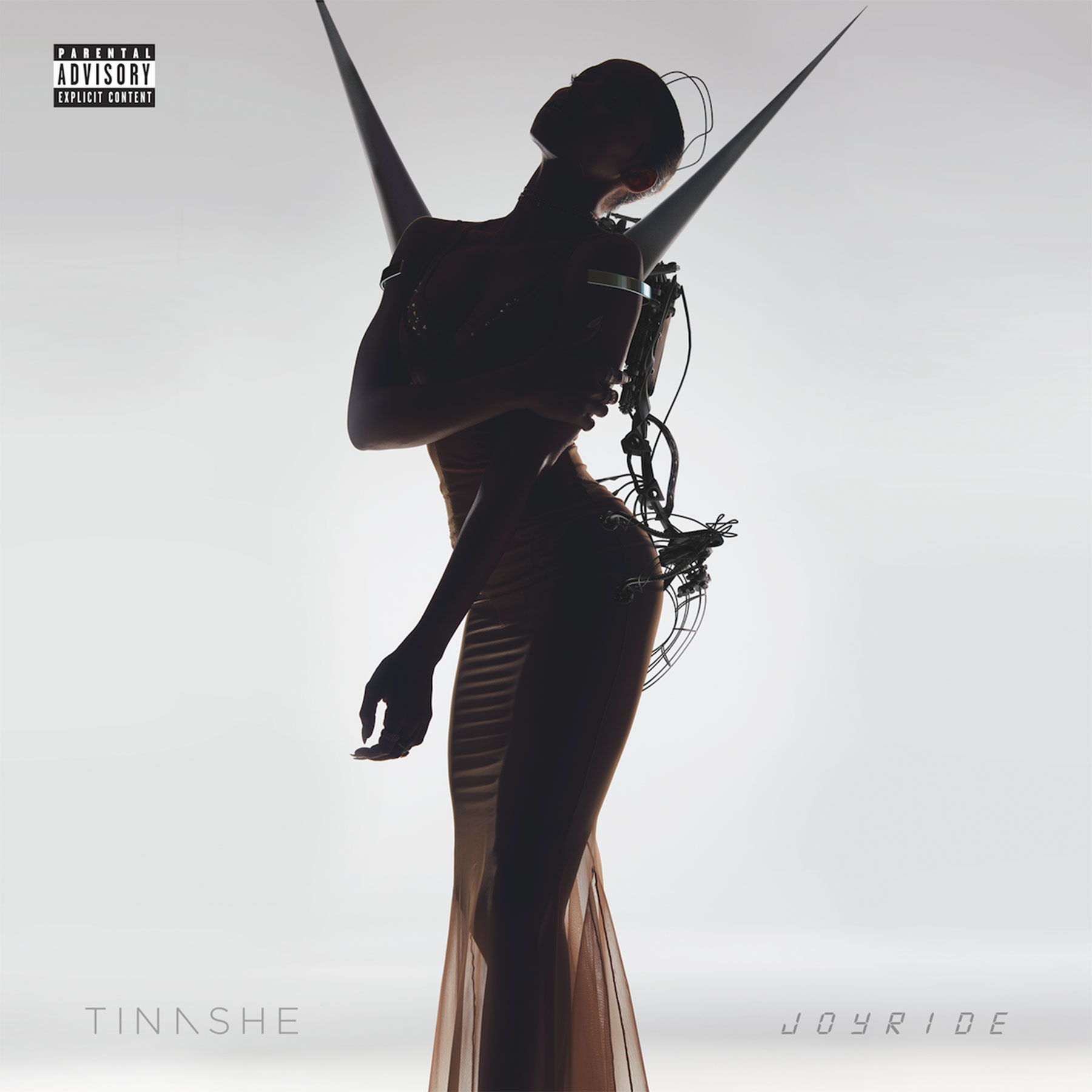Tinashe
Joyride
RCA
6/10
For those who have been tracking Tinashe’s career closely, it feels like an eternity since the follow-up to her 2014 debut Aquarius was promised. Really, it’s 0nly been four years, following release setbacks with her label RCA. In 2016, she appeased our impatience by releasing the mixtape Nightride, which—despite it’s sultry and ethereal vibe, and her best single/video yet (“Company”)—seemed like a curious consolation prize, intended to bide time before the “true” follow-up came.
The most irritating aspect of Tinashe’s Joyride is that there was so much bubbling hype for a project we weren’t entirely sure would happen—and frankly, a project that Tinashe herself didn’t seem sure of. She ended up with three final album versions and over two-hundred songs. Ultimately, the result is disappointing. At first listen, the thirteen-track record is glittery and sexy in the way a new pair of high heels can be; but once the pictures are taken and the moment of anticipation passes, you’re left with blisters and the feeling that they looked better on the shelf. Again, have you seen the “Company” video? The twenty-five-year-old was destined for wonderful and acrobatically astounding things. Joyride has a few fun and racy left turns, and moments where sunlight leaks through the car windows like liquid gold, but most of the time it just feels like the cruise control was left on too long.
Recently, Tinashe explained that she hates genre. To be even more explicit, she thinks that “genres should just die. As a human being, you don’t limit yourself to being one thing or other.” On Joyride, she has released herself from the categorical chains of the industry in order to make an album that is alternatingly hard and metallic, lush and iridescent. When done well, this newfound limitlessness is revitalizing. On “Ooh La La,” she is confident and rosy-cheeked, commanding her lover to nestle beside her. Tinashe lets her vocals circle around a squeaking mattress sound and sensuous guitar line, as well as a sample from Nelly’s 2002 hit “Dilemma.” For “No Contest,” her vocals reverberate into a cavernous abyss, safened against a tinny percussive drum, and on “Ain’t Good for Ya” a pan flute flutters beside trap beats and garbled, warped vocals.
Tinashe is confident and proud here, but at the end of thirty-six minutes there doesn’t seem to be a clear understanding of who she is; she’s not undefinable in a liberating sense, but rather in one that feels unoriented. Maybe the message would be clearer without the big name features of Future, Offset, and Ty Dolla $ign. With the exception of Little Dragon’s appearance on “Stuck with Me,” the Top 40 rappers overshadow the singer’s luminescence. Tinashe solidifies the notion that she can do it all on Joyride—she’s a dancing/producing/powerhouse-singing triple threat. But even with the album’s moments of fifteen-hundred-horsepower and her ability to navigate multiple terrains, Tinashe’s final destination remains a mystery.









